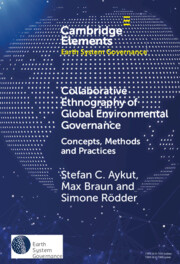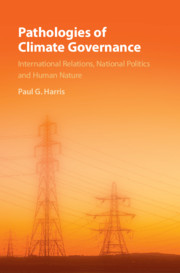This article considers the application of the precautionary principle as understood in EU law to EU decision-making on geoengineering, in particular solar geoengineering. It finds that the situation is riddled with more complexities than first appears; (i) the principle is used to argue against research, even though more research is usually itself seen as precautionary response; (ii) the risks of research are claimed to lie in its political impact, whereas the principle is traditionally applied to direct physical risks; (iii) while there are legitimate precautionary arguments against geoengineering, it is itself put forward as a precautionary measure and there are precautionary arguments in favour too. Drawing on case law and scholarship we conclude that the precautionary principle can nevertheless be applied and will lead to a procedural requirement to do comprehensive reviews of relevant scientific knowledge before decision-making. This leaves wide – but not unbounded – discretion but may still be valuable in providing a frame for reasoned public debate. We also apply our findings to the recent expert reports on Solar Radiation Modification and show that they have failed to apply precaution correctly.

